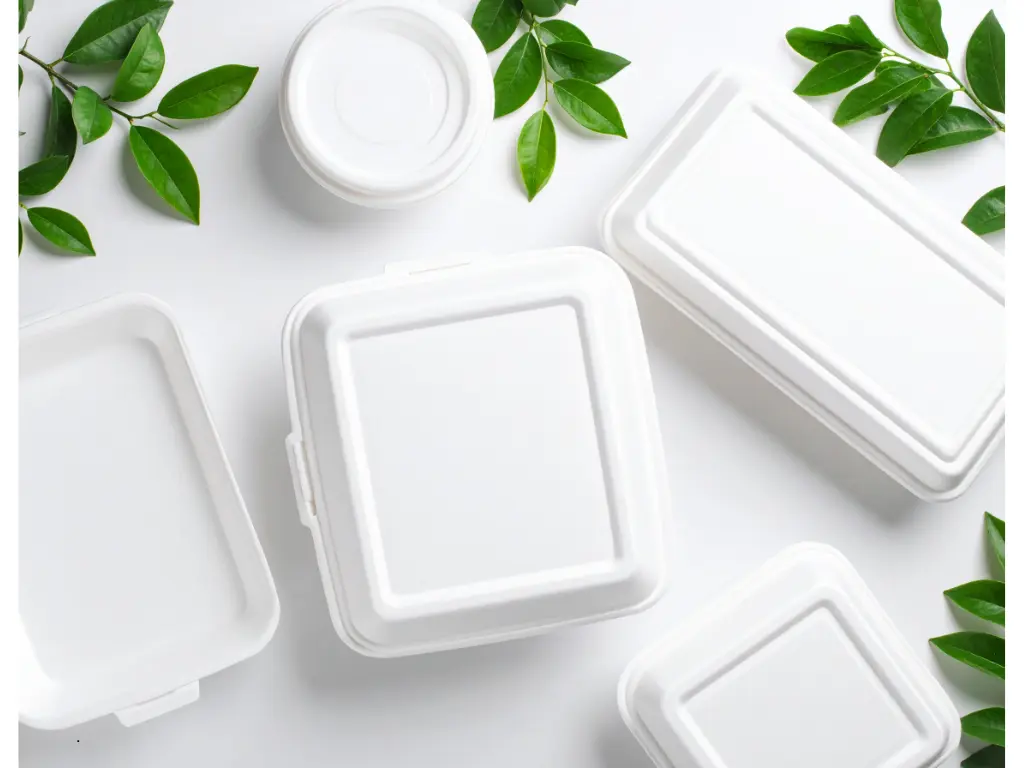- Home
- News Details
News Details

Brazil Approves New Food Packaging Safety Rules for Cellulose Films
2025-09-18 Reference source : ANVISA
Food contact materials Latin America Brazil
Brazil’s national health regulator, ANVISA, has introduced new sanitary requirements for regenerated cellulose films used in food packaging, in a move aimed at strengthening consumer safety and aligning domestic standards with regional trade partners. The regulation, known as RDC No. 992/2025, was approved on 27 August . It will come into force in February 2026, six months after publication.
Aligning with Mercosur
The measure incorporates provisions from the Mercosur Resolution GMC No. 16/2025, ensuring that Brazil’s rules are harmonised with those of its neighbours. Regenerated cellulose films, thin sheets made from purified cellulose sourced from wood or cotton, are widely used in the food industry, including as wrappers for confectionery, baked goods and processed meats.
Key Provisions
Under the new rules, manufacturers will need to:
-
Produce films under Good Manufacturing Practices.
-
Restrict production to three categories: uncoated films, films coated with cellulose derivatives, and films coated with plastics.
-
Use only substances authorised in Anvisa’s Instrução Normativa No. 396/2025 or in previously established regulations.
-
Ensure that films comply with strict migration limits, preventing harmful chemicals from leaching into food.
Films that are printed or coloured face additional controls. For example, primary aromatic amines, a class of chemicals linked to health risks, must not migrate into food above trace levels of 0.01 mg per kilogram.
Industry and Consumer Impact
The move updates and replaces a previous 2002 regulation and is expected to modernise oversight of packaging materials that come into direct contact with food. Anvisa says the changes will increase transparency, requiring manufacturers and importers to make the chemical composition of their products available to authorities when requested. Industry experts say the resolution will also facilitate trade, given its alignment with European Union and US Food and Drug Administration (FDA) reference lists, which are commonly used benchmarks for food-contact materials.
Enforcement
Failure to comply will be treated as a sanitary infraction under Brazilian law, carrying administrative, civil and criminal liabilities.The food packaging sector has until February 2026 to adapt to the new standards. For further details on the Resolution you can find it here (in Portughese).
We acknowledge that the above information has been compiled from ANVISA.
Global Product Compliance (GPC) specializes in Global Regulatory Compliance Solutions across sectors
globally. SSS Europe, a familiar name in chemical regulatory and compliance services now formally belongs
under the umbrella of GPC Holding Sweden.
Since 2008, we have emerged as one of the leading names among Global Regulatory Compliance Service
Providers with Representation services in Europe, Asia and Middle East for respective chemical
regulations.

 Twitter
Twitter
